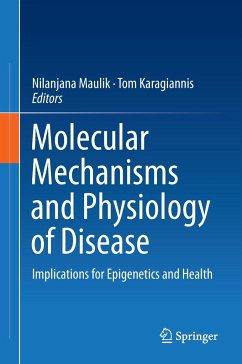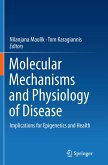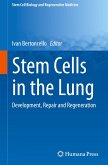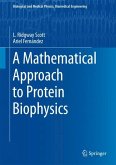In a simplified form, epigenetics refers to heritable changes in phenotype that are not due to changes in the underlying DNA sequence. In this book, epigenetic mechanisms of regulation and dysregulation in health and disease are explored in great depth. Detailed chapters on epigenetic processes including DNA methylation and chromatin post-translational modifications including potential interventions with DNA methyltransferase inhibitors and histone deacetylase inhibitors are explored in initial chapters. These provide a detailed overview and important background to the entire field. The book is then focussed on epigenetic mechanisms involved in various diseases including anti-inflammatory and autoimmune conditions. Important accounts relating to the effects of epigenetics in metabolic syndrome, cardiovascular disease and asthma are the focus of subsequent chapters. The role of epigenetic dysregulation in malignancy is a current topic of interest and represents an intense field ofresearch. A large component of this book is dedicated to the analysis of aberrant epigenetic processes in carcinogenesis and cancer progression. Further, chapters are focused on emerging cancer prevention using nutritional components and anti-cancer therapies particularly with histone deacetylase inhibitors, which have already been approved for the treatment of cutaneous T-cell lymphoma. The emerging role of nanoparticle preparations, especially in the context of delivering potential epigenetic therapies to target cells in various diseases, is also explored in this book. Overall, this book encompasses a wide range of topics related to epigenetic mechanisms in health and disease and would appeal to anyone with an interest in epigenetics, chromatin biology and emerging epigenetic interventions and therapies.
Bitte wählen Sie Ihr Anliegen aus.
Rechnungen
Retourenschein anfordern
Bestellstatus
Storno









